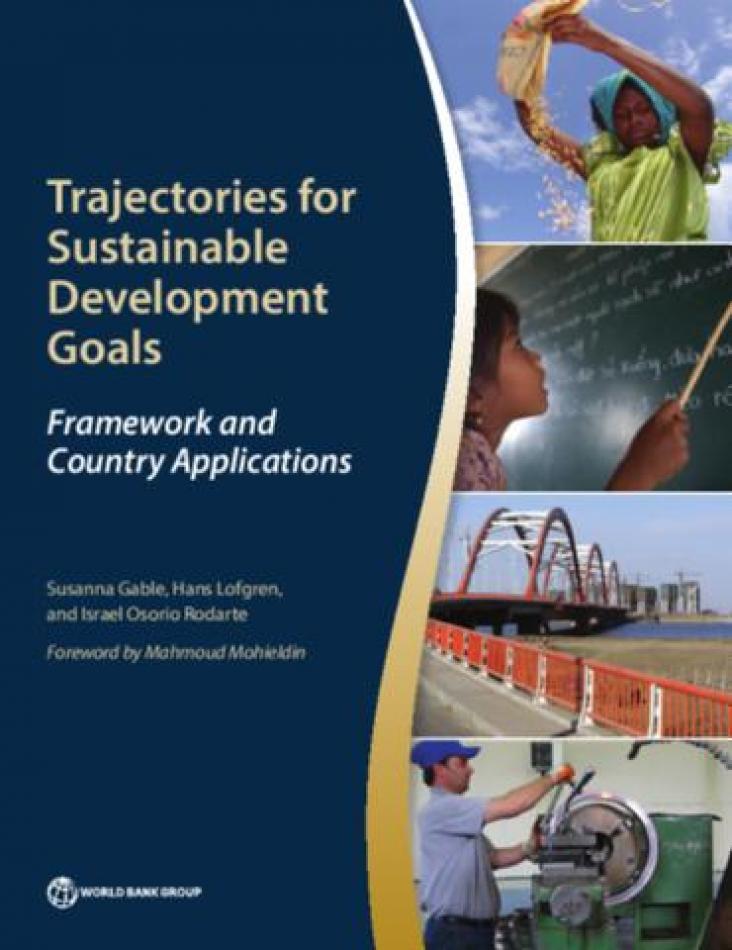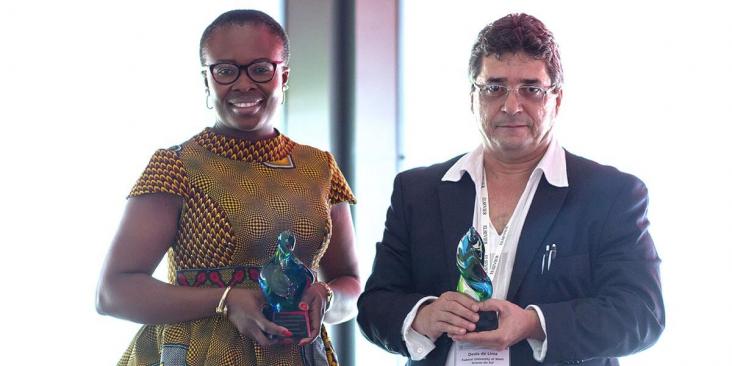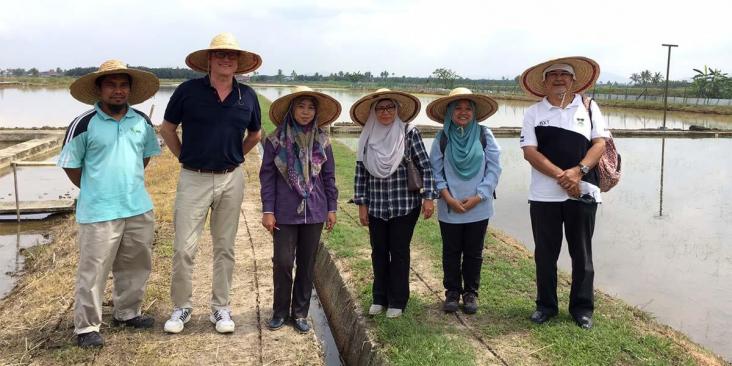A climate mitigation comprehensive solution is presented through the first high yield, low energy synthesis of macroscopic length carbon nanotube (“CNT”) wool from CO2 by molten carbonate electrolysis
Existing studies on adaptation to climate change mainly focus on a comparison of male-headed and female-headed households.
Elsevier,
Gopalakrishnan, Varsha and Bakshi, Bhavik R., "Including Nature in Engineering Decisions for Sustainability", Editor(s): Martin A. Abraham, Encyclopedia of Sustainable Technologies, Elsevier (2017), Pages 107-116
Through the practice of biomimicry, engineering can both emulate and conserve the natural world. In this chapter, the author notes that our development practices have often "ignored or undervalued" nature, and describes the ways in which we can aim to build systems that are self-sustaining and resilient, much like earth's ecosystems. This chapter advances SDGs 7, 11 and 13.

This book presents the country development diagnostics post-2015 framework, developed by the World Bank Group to assess the country-level implications of the post-2015 global agenda, as well as brief, ‘at-a-glance’ applications of the framework to ten countries: Ethiopia, Jamaica, the Kyrgyz Republic, Liberia, Nigeria, Pakistan, Peru, the Philippines, Senegal, and Uganda.

It is no secret to anyone living in Beirut or a similar modern city in a semi-arid tropical country in the summer that their home has become a concrete forest and an urban heat island.

This article highlights the winning proposals of the second edition of the Elsevier Foundation Green & Sustainable Chemistry Challenge. The winning proposals were chosen for their innovative green chemistry aspects and their large positive impact on the environment, contributing to SDGs 3, 8, 13 and 15.
This collection of articles from the Editors of Environment International Journal explore the impact of climate change on health. The collection demonstrates the interconnectedness of SDG 13 and SDG 3. Understanding the changes and associated impact allows us to develop appropriate adaptive policies and practices to respond to climate-sensitive health risks.

This article highlights one of the winning proposals of the Elsevier Foundation Green & Sustainable Chemistry Challenge - “Biopesticides for improved paddy yield” - led by researcher Dr. Suzana Yusup. Her work shows how bio-pesticides can be safer and more effective than traditional pesticides, contributing to SDGs 8, 12, 13 and 15.
Using newly-released and globally available high-resolution remote sensing data on forest loss, we update the assessment of the cross-country determinants of deforestation in developing countries.
